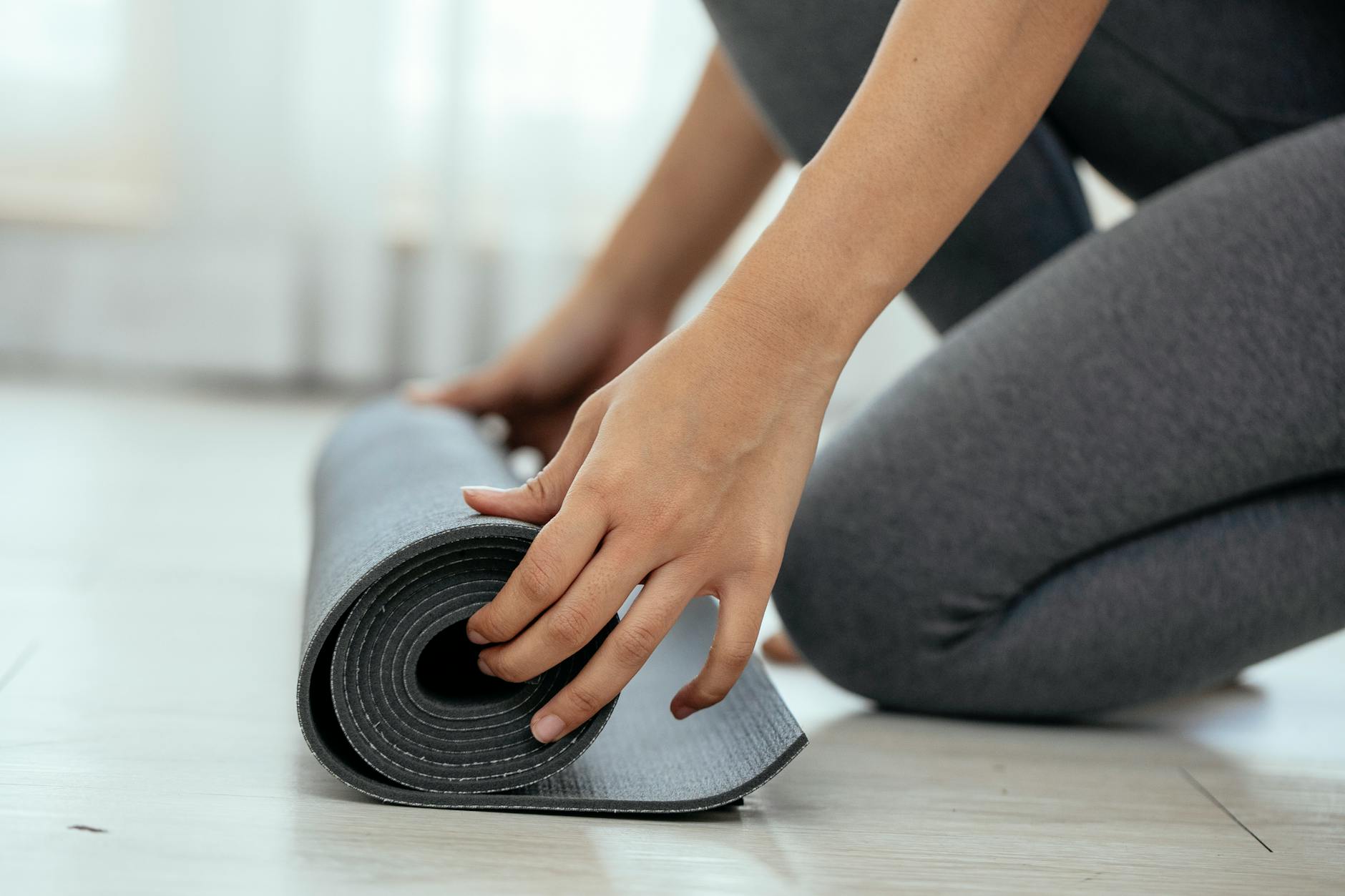Discover the practical strategies and secrets to living pain-free with rheumatoid arthritis that doctors won’t tell you about.
Table of Contents
Dealing with a chronic health condition like rheumatoid arthritis can be challenging, but with the right tools and mindset, it is possible to manage the symptoms and live a more pain-free life. In this comprehensive guide, we will explore various tips and strategies to help you conquer rheumatoid arthritis and improve your quality of life.
Understanding Rheumatoid Arthritis
Rheumatoid arthritis is an autoimmune disorder that causes inflammation in the joints, resulting in pain, stiffness, and swelling. It can also affect other parts of the body, such as the heart, lungs, and skin. Understanding the nature of rheumatoid arthritis is crucial in developing an effective treatment plan.
Diagnosis for rheumatoid arthritis involves a combination of physical exams, imaging tests, and blood tests to detect specific markers. Once diagnosed, various treatment options are available, including medications, physical therapy, and lifestyle modifications.
Lifestyle Changes and Coping Strategies
Living with rheumatoid arthritis requires making certain lifestyle changes to better manage the condition and reduce inflammation. Incorporating regular exercise, such as low-impact activities like swimming or yoga, can help improve joint flexibility and strengthen muscles.
Diet plays a significant role in managing rheumatoid arthritis. Consuming foods rich in antioxidants, omega-3 fatty acids, and vitamins can help reduce inflammation and alleviate symptoms. It is also important to avoid processed foods, sugars, and unhealthy fats that can exacerbate inflammation.
In addition to lifestyle changes, coping strategies are essential for managing the emotional toll of living with rheumatoid arthritis. Meditation, mindfulness practices, and seeking support from friends, family, or a therapist can help reduce stress and improve overall well-being.
Medications and Treatment Options
Medications are commonly used to manage symptoms and slow the progression of rheumatoid arthritis. Nonsteroidal anti-inflammatory drugs (NSAIDs), disease-modifying antirheumatic drugs (DMARDs), and biologics are often prescribed to control inflammation and prevent joint damage.
| Conquering Rheumatoid Arthritis: Tips for Living Pain-Free | |
|---|---|
| Tip | Description |
| 1 | Stay Active |
| 2 | Follow a Healthy Diet |
| 3 | Manage Stress |
| 4 | Get Regular Exercise |
| 5 | Use Hot and Cold Therapy |
| 6 | Get Plenty of Sleep |
| 7 | Participate in Physical Therapy |
| 8 | Stay Positive |
Physical therapy can also be beneficial in improving joint function and mobility. A therapist can provide specific exercises and techniques to strengthen muscles, improve range of motion, and reduce pain.
In some cases, surgical interventions may be necessary to repair or replace damaged joints, particularly in advanced stages of the disease. Consulting with a qualified healthcare provider is essential to determine the most appropriate treatment plan for your individual needs.
Support Networks and Resources
Living with a chronic condition like rheumatoid arthritis can feel isolating at times, but connecting with others who share similar experiences can provide valuable support and encouragement. Joining online support groups, attending local meetups, or participating in community events can help you feel less alone in your journey.
It is also important to stay informed about the latest research, treatment options, and self-care practices for rheumatoid arthritis. Reliable sources such as medical websites, reputable organizations, and healthcare professionals can provide valuable information to guide your treatment plan.
Remember that you are not alone in your battle with rheumatoid arthritis. By utilizing the resources available and staying proactive in managing your health, you can conquer the challenges of this condition and lead a more pain-free and fulfilling life.
FAQ
Can rheumatoid arthritis be cured?
Answer 1: Currently, there is no cure for rheumatoid arthritis, but with proper treatment and management, symptoms can be controlled and progression can be slowed down.
What lifestyle changes can help manage rheumatoid arthritis?
Answer 2: Incorporating regular exercise, following a healthy diet rich in antioxidants, managing stress, and getting enough sleep are essential lifestyle changes to manage rheumatoid arthritis.
What are the common medications used for rheumatoid arthritis?
Answer 3: Common medications for rheumatoid arthritis include NSAIDs, DMARDs, and biologics, which help control inflammation and reduce joint damage.
How can I find a support network for rheumatoid arthritis?
Answer 4: Joining online support groups, attending local meetups, and seeking information from reputable sources can help you connect with a support network for rheumatoid arthritis.




